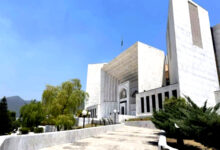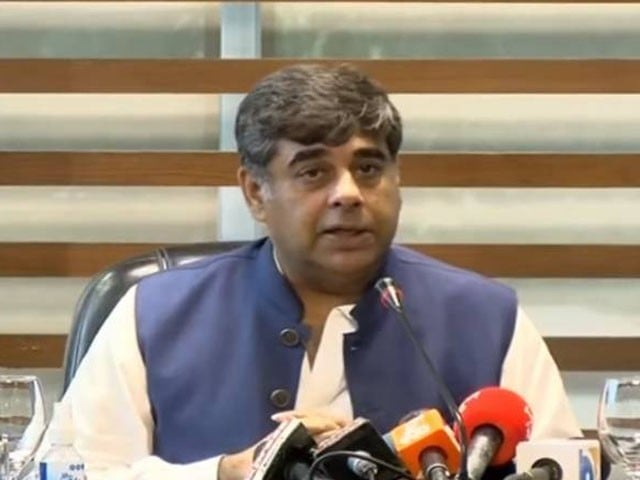MQM Leaders Express Strong Discontent with Federal Government’s Policies

Islamabad:Leaders of the Muttahida Qaumi Movement Pakistan (MQM), including party convener and Federal Minister for Education, Science & Technology Dr. Khalid Maqbool Siddiqui, and senior leader Dr. Farooq Sattar, have expressed their frustration with the federal government. Their comments highlight dissatisfaction with both the Pakistan People’s Party (PPP) and Pakistan Muslim League-Nawaz (PML-N).
**Dr. Khalid Maqbool Siddiqui Criticizes the Government’s Approach**
Speaking at the inauguration of the National Textile University Karachi campus in the Korangi Industrial Area, Dr. Khalid Maqbool Siddiqui voiced his party’s grievances, saying that MQM is the only political party that willingly relinquishes ministries even while remaining part of the government. He emphasized that MQM has never been interested in holding on to government positions for personal gain.
Dr. Siddiqui reflected on the party’s past experiences in coalition governments, noting that MQM’s relationships with both the PPP and PML-N had not been fruitful. He also strongly criticized the local government elections in Karachi, calling them a “conspiracy” orchestrated by the PPP, with the Jamaat-e-Islami also involved. As a result, MQM had boycotted the elections.
“The local government elections were not elections at all, but rather a manipulation by the PPP, in which Jamaat-e-Islami was equally complicit,” he stated. He further added that the party remains committed to Karachi’s development, believing that the city’s progress will lead to the progress of the entire country. He also underscored the need for educational institutions in Karachi to play a vital role in shaping the future of both the city and Pakistan.
**Dr. Farooq Sattar Speaks on MQM’s Role and Criticism of PPP**
Meanwhile, in an interview on *Samaa TV*, Dr. Farooq Sattar also expressed MQM’s frustration with the current political situation, particularly regarding the 26th Amendment. He explained that prior to the amendment, political institutions were at odds with each other. However, MQM had decided to play a constructive role in the hope that the federal government would address key issues like infrastructure development and the acceleration of projects post-amendment.
Dr. Sattar also criticized the 26th Amendment, suggesting that it primarily benefitted the PPP and PML-N, while the PTI was excluded. He accused the PPP of using artificial majorities in Sindh to dominate Karachi, turning it into a “colony,” and pointed out that the electoral boundary changes in the recent local elections were part of this strategy. He claimed that PPP’s support base in most areas of Sindh was minimal, with their vote share not exceeding 15-20%, yet the party had manipulated boundaries to extend their influence.
“We too are part of the government alliance, but it seems like the PPP is the only one being given preferential treatment,” Dr. Sattar remarked. He added that MQM had wisely stayed away from ministerial positions while continuing to assert influence through constitutional offices.
Both leaders’ statements underscore MQM’s dissatisfaction with the way their political concerns have been addressed by both the PPP and PML-N, signaling potential future tensions within the coalition government.






